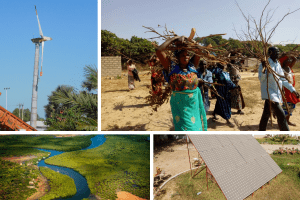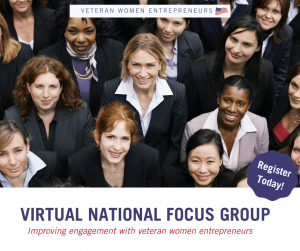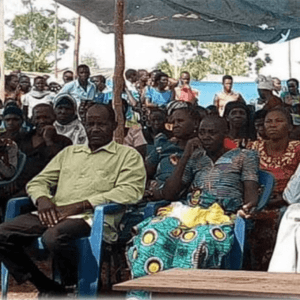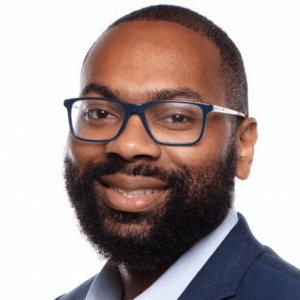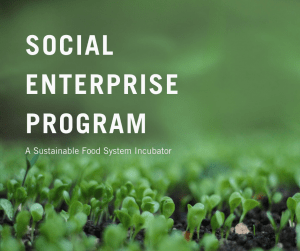 Our 2020 Cohort took a journey none of us could have planned or expected. We celebrated as both Dr. Lynch and Jin-Ya advanced in their work, we moved forward as Mohammed Nijie’s work branched out into a new phase, and we expanded to add a new Social Entrepreneur, Clara Rulegura Ford. This cohort focused on clean energy and community development.
Our 2020 Cohort took a journey none of us could have planned or expected. We celebrated as both Dr. Lynch and Jin-Ya advanced in their work, we moved forward as Mohammed Nijie’s work branched out into a new phase, and we expanded to add a new Social Entrepreneur, Clara Rulegura Ford. This cohort focused on clean energy and community development.
Below is a brief description of each social entrepreneur’s venture along with links to their work in order to read more and/or follow their progress in the future.
Founder: Mohammed Njie
Njie completed his business plan, launched his website, and remotely worked on a pilot project in Tintinto, The Gambia. In January of 2020, a team installed five 330-watt 24-volt solar panels, two 250 amp 12-volt solar batteries, and a 50 amp solar charge controller to power four classrooms and a staff room. The pilot is designed to test the panel’s effectiveness as a solution to bring electrical connections for lights, fans, and eventually computers. All supplies and labor were sourced locally, supporting the local economy.
Njie continues to communicate with Principal Amadou Kinteh following the progress of the project. Innovation in Tintinto tells the story of teachers leveraging cell phones to design and implement distance learning for their students during the pandemic shutdowns. His goals for 2021 include raising the necessary funding to finish the project so the entire school is powered by solar panels. Njie explains, “As a pilot project, we were limited to installing a limited amount of panels. We used those panels to provide 100% energy for half of the school. The idea was that after we did a successful pilot project, then we will install more panels to extend the power to the other side of the school.”
Principal Kinteh talked about how the students were able to attend night classes due to the solar power stored in fuel cells helping students to catch up in their studies, “…we benefited from night classes, as children living near or in the village were assisted by the teachers during the night because electricity is now available and the place is quiet, so children would come and read and they would be assisted by the teachers. This has helped our students a lot. They performed extremely well in the grade 9 examinations.”
Founder: Clara Rulegura Ford
Clara Rulegura Ford. Ford is the Founder and CEO of Kijiji Innovative Sustainable Solutions (K.I.S.S.) and a Class of 2020 commitment maker with the Clinton Global Initiatives University (CGIU). Ford holds an MA in Sustainability and Development from the Lyle School of Engineering where she began fleshing out the design and plans for KISS as her capstone project. Phase I of the project was completed in the Summer semester of 2020. Partnering with the Hunt Institute Global Development Lab, the project produced a broader impact report titled Building Bridges to Build Connections. Ford soon became an obvious choice to include in the Social Enterprise program. She is finishing final touches on her overall strategy, has assembled an advisory board over the years, and launched a competition for the design of The Rulegura Centre, Kijiji ISS, Kasisa Tanzania.
Ford says, “Our vision is of a Tanzania that is aware of its role on environmental stewardship and takes development initiatives that are conscious of environmental impact on future generations. A Tanzania that remains as a paradise island with its wildlife protected and natural resources replenished in the course of its economic development.”
As we approach 2021, we look back on the great accomplishments of this cohort and prepare to continue accelerating their important work.
To read more about the Hunt Institute’s work to develop future-focused solutions to some of the world’s biggest problems, please click here. For the latest news on the Hunt Institute, follow our social media accounts on LinkedIn, Facebook, Twitter, and Instagram. We invite you to listen to our Podcast called Sages & Seekers. If you are considering engaging with the institute, you can donate, or sign-up for our newsletter by emailing huntinstitute@smu.edu.







